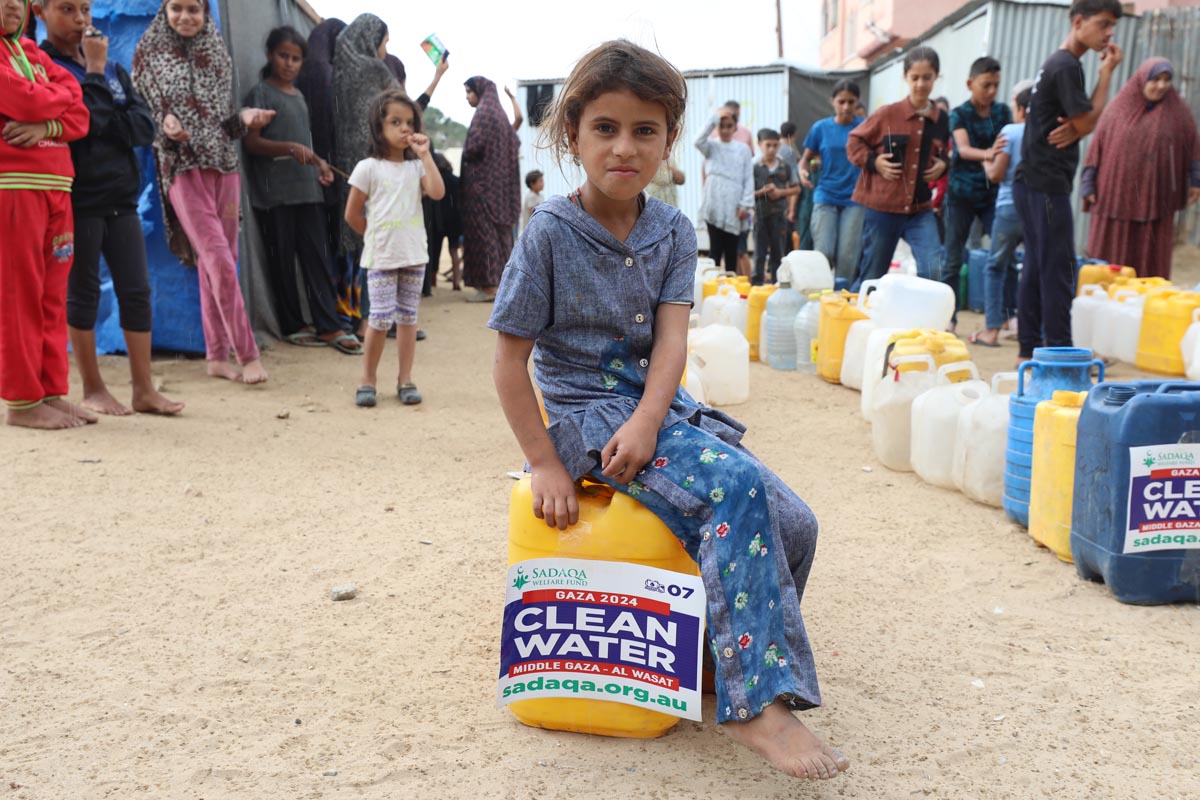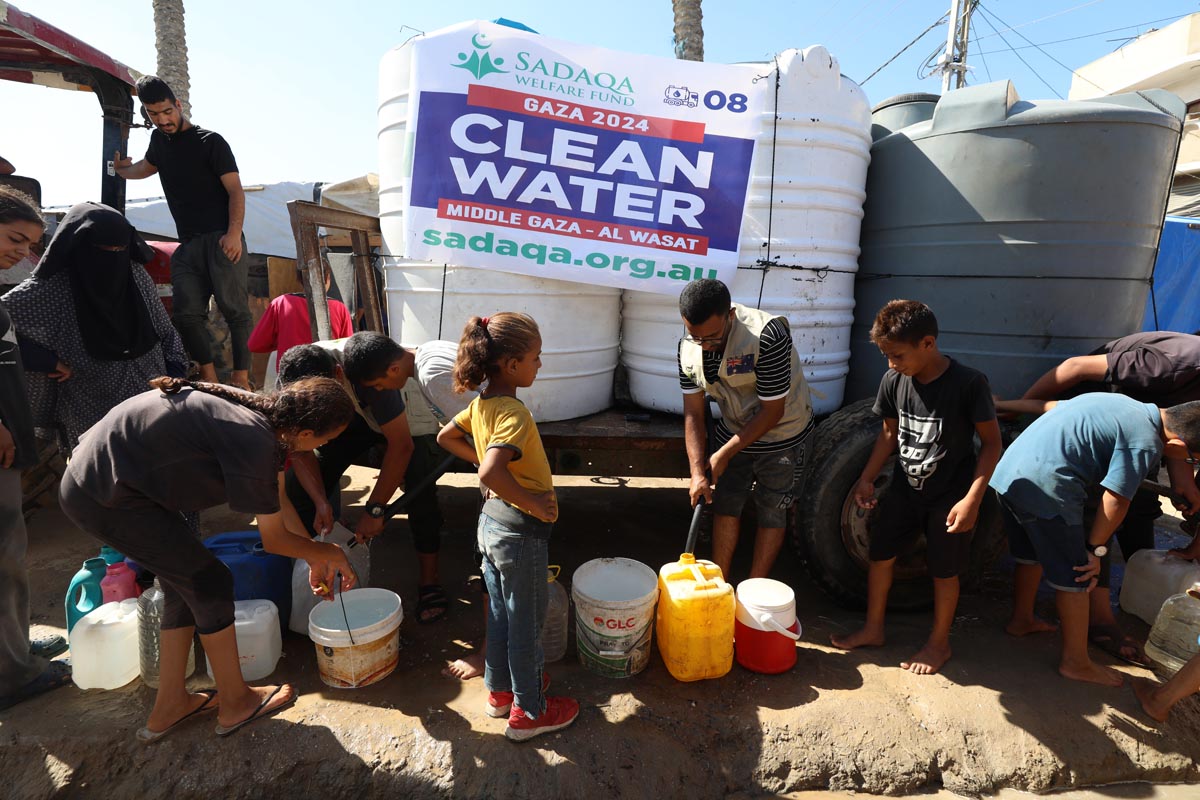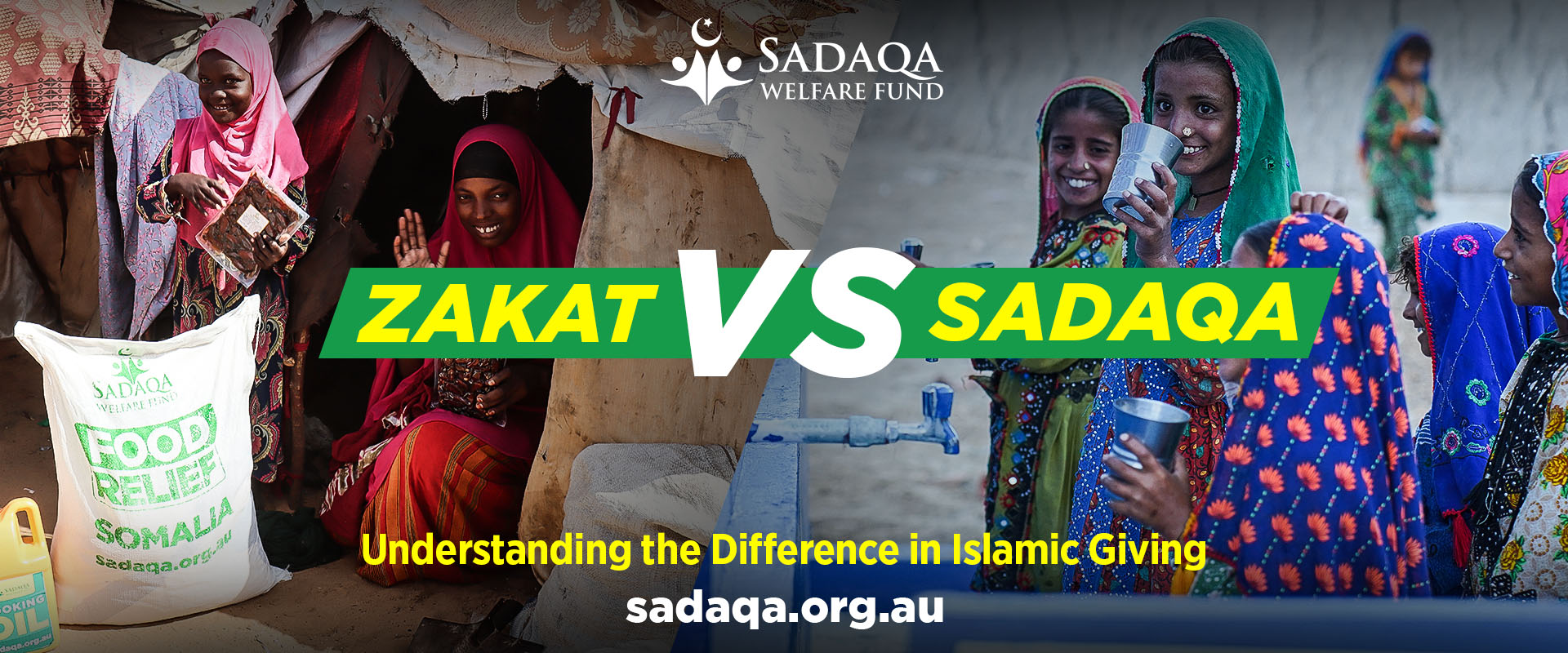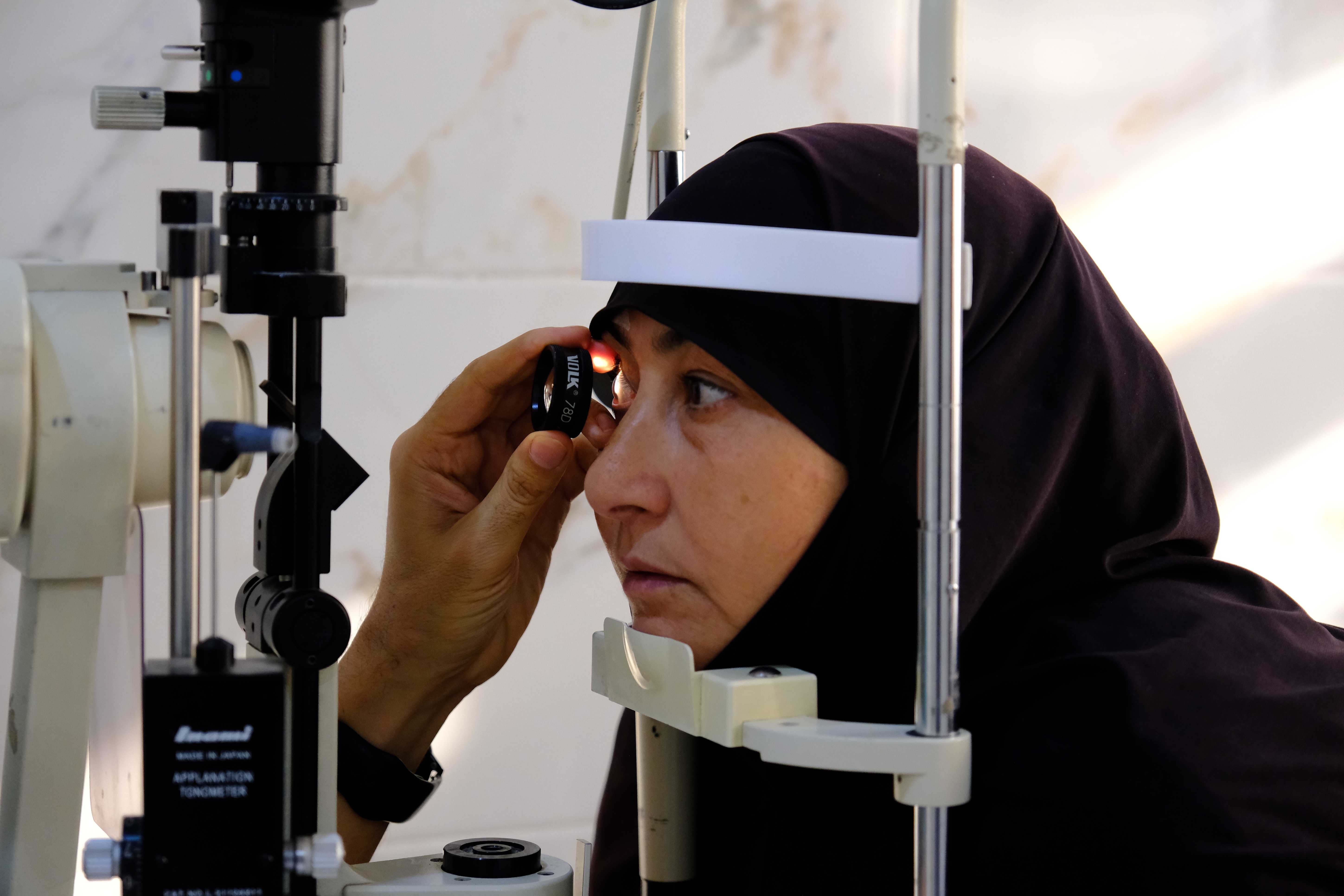Can I give Sadaqa on behalf of someone else?

Can I give Sadaqa on behalf of someone else?
Yes, you can give Sadaqa on behalf of someone else, and this practice is encouraged in Islam. Giving Sadaqa on behalf of others allows you to extend blessings and goodwill beyond your own actions, benefiting both the giver and the recipient in profound ways.
When you give Sadaqa on behalf of someone else—be it a family member, friend, or even a deceased loved one—you are performing a noble act of kindness. This type of charity is often seen as a gift that brings joy to both the giver and the recipient. It allows the donor to express love and care for others while contributing to the well-being of those in need.
One of the common practices is giving Sadaqa on behalf of deceased loved ones. This act is believed to benefit the deceased in the Hereafter. Many Muslims establish ongoing charitable projects, such as planting trees, building wells, or supporting educational initiatives, as a means of continuing to earn rewards for their loved ones even after they have passed.
When giving Sadaqa on behalf of someone else, it is important to set the intention clearly. You should make a sincere intention that the Sadaqa is being given for the benefit of the person you are representing. This intention is crucial in Islam, as it enhances the spiritual significance of the act.
You can choose the amount and type of Sadaqa based on your capacity and the specific needs of those you are helping. Whether it’s a financial contribution, food, or support for community projects, Sadaqa can be directed to address various needs, ensuring that your act of giving makes a positive impact.
In summary, giving Sadaqa on behalf of someone else is a commendable practice that not only aids those in need but also creates a lasting spiritual connection between the giver, the recipient, and the one being represented. This act exemplifies the Islamic values of compassion, generosity, and community support.





